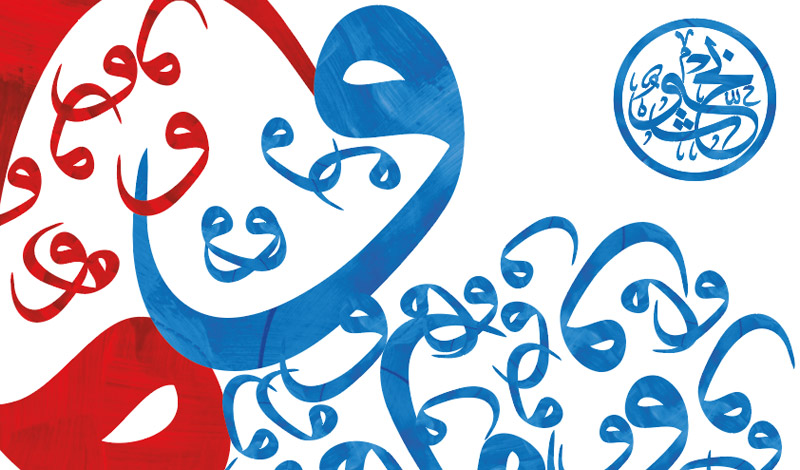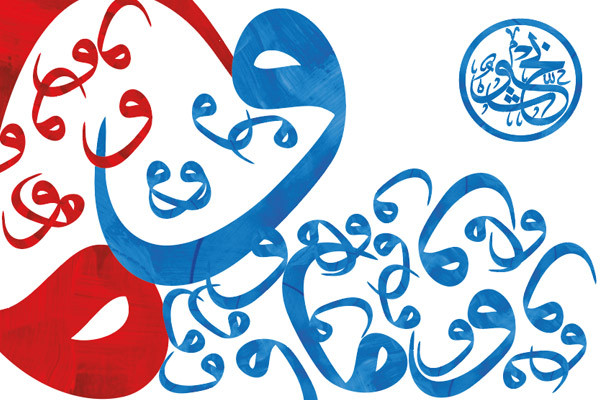Economic Diversification- A UAE Strongpoint
Since the beginning of oil exports from the UAE in 1962 international commentators have perceived the Emirates as an oil dependent nation whose economic structure is dominated by crude exports. Such commentators are aware that the vast percentage of these oil exports are sourced from Abu Dhabi with Dubai holding far less oil than its Emirati counterpart.

- by Rebecca Simpson ,
- Tuesday, 26th September, 2017
With around 40 per cent of the UAE’s GDP directly based on oil and gas output, its economic dependency on an approaching world without oil reliance, has fascinated many energy analysts. Since the formation of the UAE in 1971 diversification away from petroleum dependency has been a clearly stated objective of the government. Economic commentators have documented that; ‘A diversified economy based on several sources of income is more resilient and able to recover from different shocks as any deficiency in a particular sector can be alleviated through the performance of other sectors.
Since the UAE joined OPEC in 1967 the Emirates has been regarded as one of the worlds key oil and gas exporters which upholds the oil consortiums objectives of ‘coordinating and unifying petroleum prices of its member countries to ensure the stabilisation of oil markets in order to secure an efficient, economic and regular supply of petroleum’.
Over recent years energy observers have highlighted how crude oil is not an unlimited commodity the vast extraction of which is not a long-term sustainable option. Some commentators have suggested that for the UAE and other fellow Arab states such a rentier economy is in fact arguably untenable from a long-term perspective. The UAE remains different to its Arab neighbours in the fact that economic diversification is proving to be somewhat of an Emirati strongpoint.
With 77 per cent of the UAE’s budget derived directly from oil revenues many international observers believe that the absence of oil could be economically disastrous. Whilst this argument may hold an element of truth at present, the diversification strategies to which Dubai remains at the forefront are not only set to create a heterogeneous economy but are also predicted to create unprecedented initiatives some of which will place the UAE at the cutting edge of economic diversification.
One of the most prominent aspects of economic diversification for the UAE is aviation. As Emirates recently quoted; ‘Aviation is to contribute $53.1 billion to Dubai’s economy, 37.5% to its GDP and will support over 750,00 jobs by 2020’. Emirates and Etihad have acquired a global reputation for excellence and continue to not only contribute towards the UAE economy but have set an international precedence within the aviation industry. Aviation has also proven to be an essential catalyst for the growth of tourism, particularly in Dubai. From a longer-term perspective, the total economic impact of aviation is projected to grow to $88.1billion by 2030 and will support 1,194,700 jobs. Emirates has distinguished itself as the world’s leading airline and with the new establishment of the Athens to Newark route, not only is the carrier being deemed the best in the industry for comfort and luxury but is also being viewed as creating new international hubs that further facilitate the free movement of people across the globe.
International commentators are fully aware that Dubai retains minimal oil-reserves and its economic structure depends primarily upon tourism and real-estate as commercial drivers. Tourism and traditional tourist strategies have been vastly over taken in the UAE but particularly in Dubai.
Initiatives such as the Mall of the World project which upon completion is set to attract around 180 million visitors annually is a clear example of this. With the project set to host the world’s largest indoor theme park along with areas for theatres, cultural events and approximately 20,000 hotel rooms, this project like many other Dubai based initiatives is unprecedented and likely to fascinate the international community.
In previous years Dubai and Abu Dhabi have become the most popular of the Emirates within the international tourism industry. Commentators are now analysing how the other five Emirates are also becoming part of the wider diversification strategy that attracts international tourism. For example, in December 2017 the world’s longest zip line will be opened in Ras al-Khaimah which is predicted to attract around 100,000 visitors per year.
The reduction of carbon foot printing along with creating an economy less reliant upon oil has clearly coupled a difficult challenge. Ecological projects have not only proven to be a key facilitator for economic diversification but have also created a platform which will allow Dubai to become the greenest city in the world by 2050. The UAE has been deemed by many international observers as a beacon of prosperity concerning the reduction of carbon footprints. With Abu Dhabi set to open the world’s largest solar farm and the potential towing of an iceberg from Antarctica to the coast of Fujairah which would harvest more than 20 billion gallons of water are further examples that the UAE has taken economic diversification to an unprecedented level. The introduction of 200 Tesla vehicles to Dubai’s fleet of taxis is a further example of how the UAE is not only embarking on diversification but is also setting an ecological example within the international community.
Overall, oil dependency within the Middle East has become somewhat of a traditional entity which many observers have referenced as an unsustainable option with regards to longer term economic objectives. The UAE has clearly developed the capabilities of turning challenge into opportunity and is now one of the most diversified economies within the GCC. Western commentators have all concluded that economic diversification is a universal option but the UAE’s efficient coordination strategies are how the Emirates have set an international precedent for excellence. Independence away from oil has become without doubt a UAE strongpoint with the Emirates at present being one of the most diversified Arab nations.

Rebecca Simpson
Read More
Areas of Expertise
- Political Ideologies
- International Relations
- Security
- Extremism and Terrorism
- The Arab Uprising
- Israeli/Palestinian Conflict
- Geopolitical Affairs
Education
- BA 2:1 Hons Politics
- MA International Relations and Security
- Graduate Diploma in Law
Bio
Rebecca graduated from Liverpool in 2011 and earned a bachelor’s degree with honors in Politics. Rebecca continued her academic career and went on to study a master’s in international Relations and Security specializing in Middle Eastern Studies and producing one of the first comprehensive analysis regarding the Arab Uprising and the impact on the Israeli- Palestinian conflict. Rebecca was the president of the politics society whilst at university. Rebecca further studied a Graduate Diploma in Law; she has worked for two members of Parliament in the UK. After growing up in Portugal and becoming bilingual Rebecca has a passion for languages and is currently learning Arabic.

